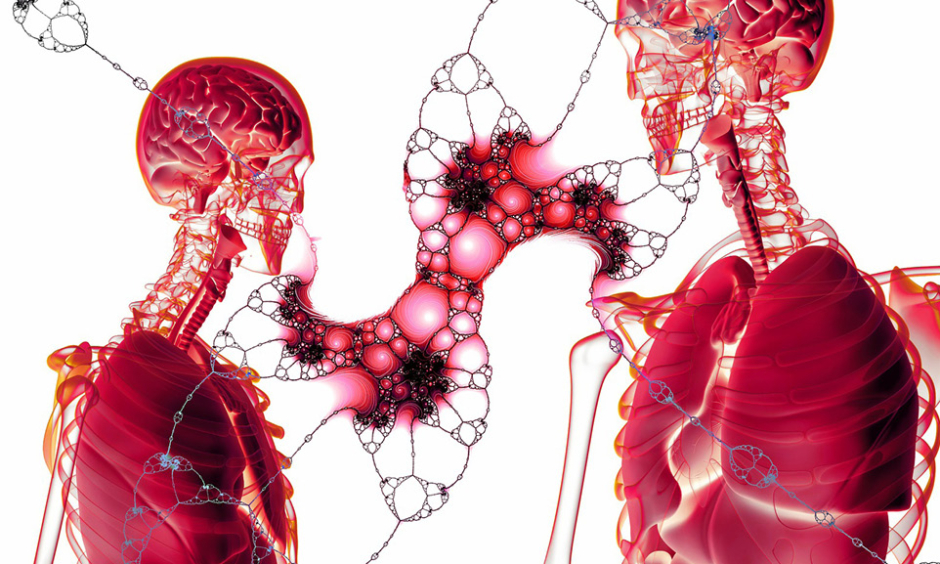DRUG-INDUCED interstitial lung disease (DIILD) causes breathing difficulties, pulmonary fibrosis, and inflammation. It is diagnosed in 4.1–12.4 million people each year, and according to a new systematic review conducted by researchers from across the UK, the number of people affected is far greater than previously thought.
In total, data from 6,200 patients was analysed from 156 articles. The research team investigated the effects of 27 commonly prescribed drugs used to treat a range of health problems, including arthritis and various cancers, including carbamazepine, bleomycin, and nitrofurantoin. Some of the articles highlighted that some of the reviewed papers noted a >50% mortality rate, with 25% of patients dying because of lung-related problems associated with the drugs prescribed. However, the authors noted that many of the analysed papers were of poor quality.
Nonetheless, the authors highlighted the importance of doctors understanding the possible side effects commonly prescribed drugs can have on the lungs: “Doctors need to be aware and vigilant to the possible lung toxicities and harm that can be caused by some drugs”, explained Dr Nazia Chaudhuri, University Hospital of South Manchester, Manchester, UK. “With newer drugs coming on the market this is an increasing yet under-recognised problem and we need better ways of detecting these side effects before they cause harm.”
Prof John Waterton, University of Manchester, Manchester, UK concluded: “We do know it [DIILD] affects a considerable number of people, which is why we want to develop better imaging tests to pick up any lung problems before they become serious. It is important to stress that patients can safely continue to take their medication, but it is also important that doctors should monitor and assess them closely for side effects in the lung.”








